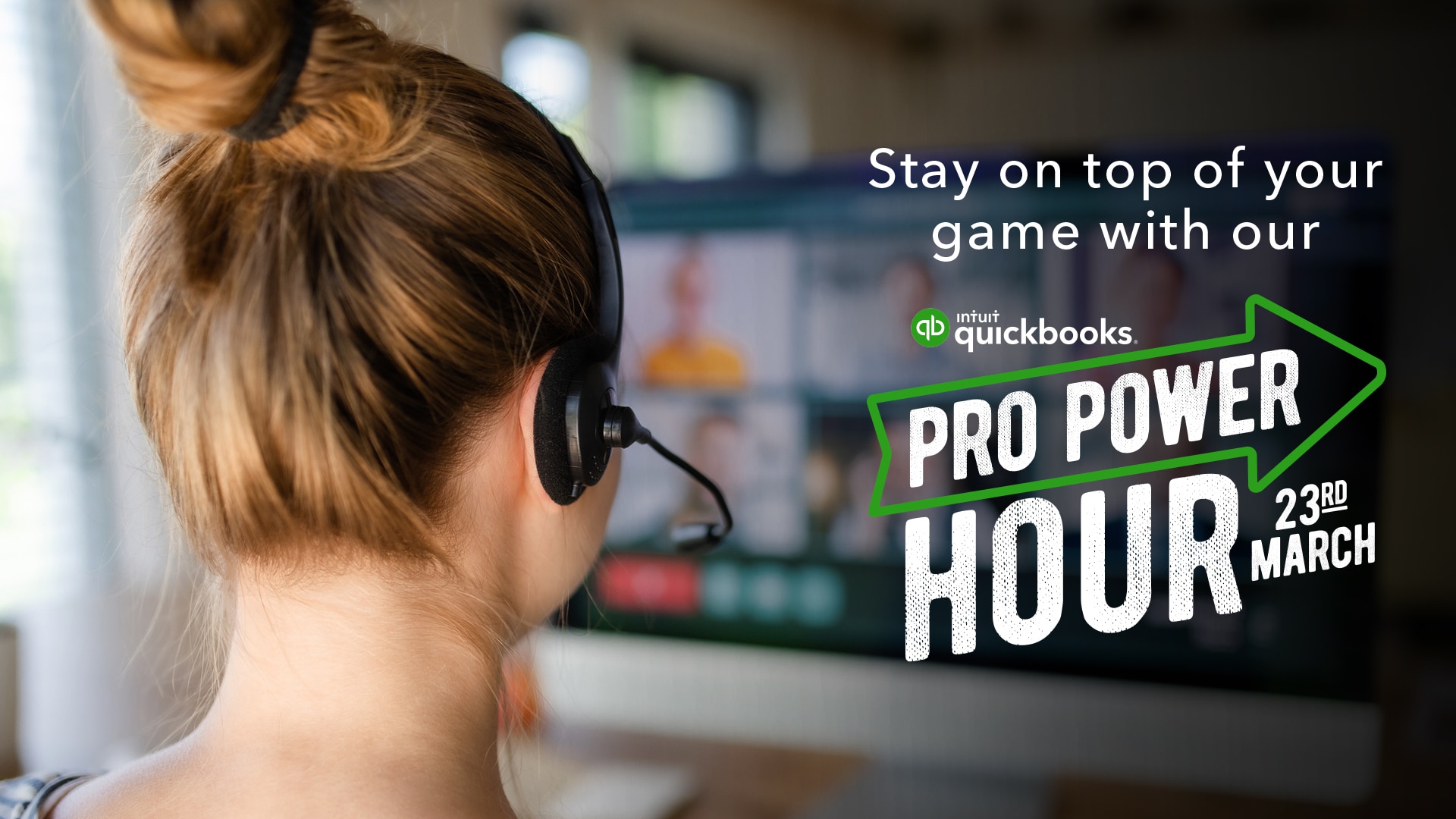Freelancing is no longer an avenue only for creative trades. Today, mobile technology enables almost everyone to take advantage of its many benefits. So, it comes as no surprise that more and more accountants are taking the leap and becoming sole traders themselves. Here’s what you need to know if you’re considering becoming a freelance accountant.

How to become a freelance accountant
Why become a freelance accountant?
With the rise of the gig economy , freelancing has become a popular pathway for many accountants due to its flexible and autonomous nature. It’s a far cry from the standard nine-to-five office job many are accustomed to. As a freelancer, you can run your business and meet your deadlines from anywhere in the world – as long as you have a computer, Wi-Fi, and sufficient self-motivation.
Providing professional accounting services from home enables you to pick and choose your own clients, determine your own rates, and set your own hours. It’s really no wonder so many people are making the switch!
Starting out
Of course, just because you can work from within your own four walls won’t make the job any cruisier. It still takes a lot of hard work and dedication. Without the resources of an established practice behind you, you’ll need to invest in the necessary software to do your job. QuickBooks Online Accountant , for example, is an easy-to-use cloud-based application, to manage your clients’ needs in one place.
You can also monitor your business performance and manage your own books. When thinking about what to charge for your services, settle on rates that work for you as well as your target group. Keep in mind that, as a sole trader, they should include costs for potential sick days and holidays. You should also factor in any ‘unbillable’ hours you might spend doing your own admin work.
Finding clients
Then, when you’re out in the big world of freelancing, it’s time to find your first clients. Here, the internet will be your best friend. Facebook marketing, developing a professional website, establishing Google Ads campaigns, and even reaching out to past connections are just some of the ways to reel in new clients. Once the ball is rolling, it’s important to remember that maintaining a good relationship with your clients is the non-plus-ultra for any freelancer. Meeting your deadlines, thorough communication, and consistently producing high-quality work will help to keep current clients on your books in the future.
f you’re tired of your same old nine-to-five routine, you might be ready to take the plunge into the freelancing pool. These tips will help you take your accounting career back into your own hands.
Related Articles
Looking for something else?

TAKE A NO-COMMITMENT TEST DRIVE
Your free 30-day trial awaits
Our customers save an average of 9 hours per week with QuickBooks invoicing*
By entering your email, you are agree to our Terms and acknowledge our Privacy Statement.













